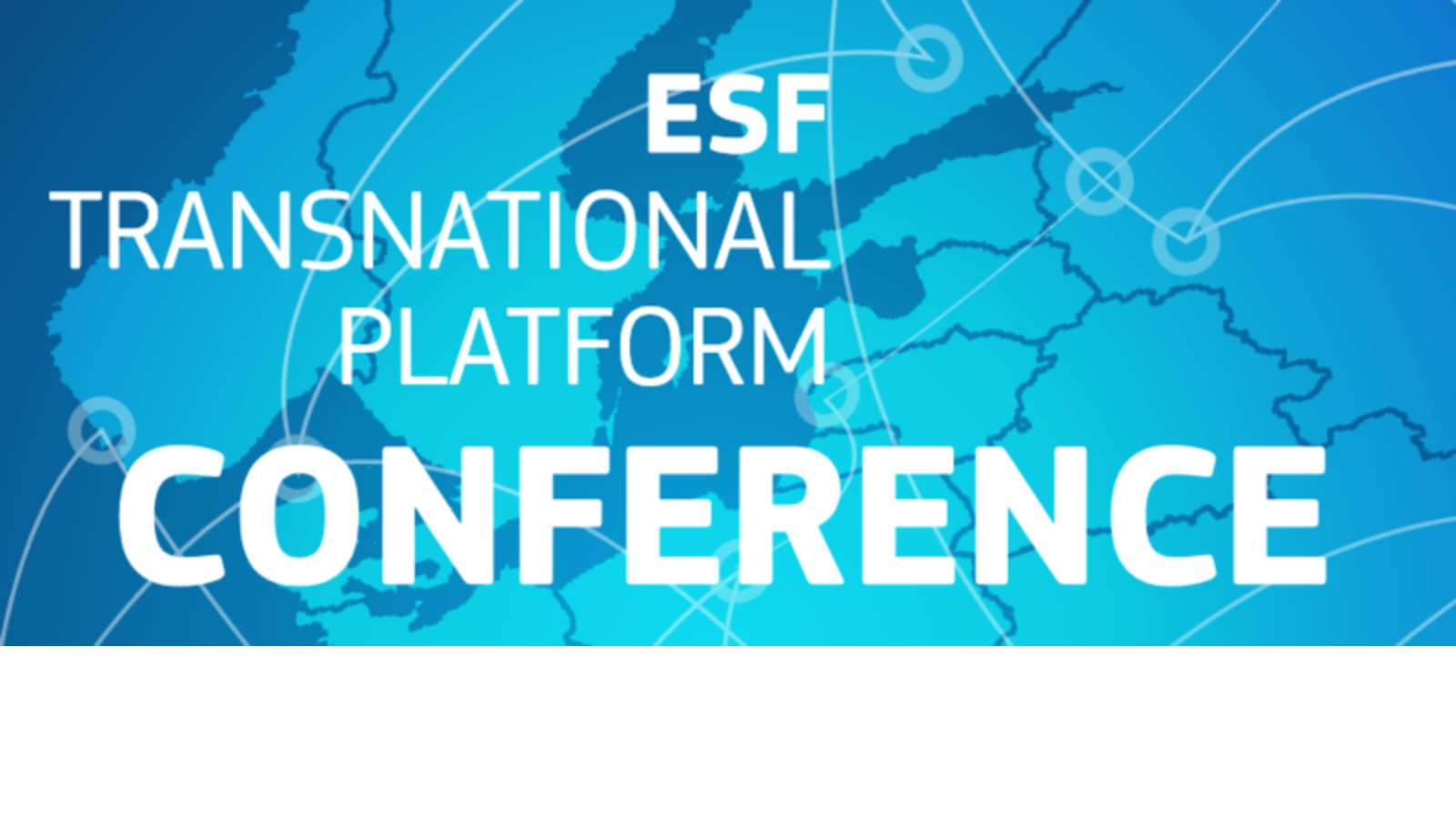Early years – how EU funding can help young children & their families thrive
A conference organised in Brussels last week aimed to exchange experience on how EU money is being used to “include and empower people throughout life”.
The European Social Fund (ESF) is traditionally associated with employment initiatives. But in recent years, there has been growing attention to how these EU funds can help to tackle poverty and social exclusion, and child poverty in particular.
A conference organised in Brussels last week brought together managing authorities from the different EU Member States to exchange experience on how EU money is being used to “include and empower people throughout life”.
Eurochild chaired a session specifically focused on investing in children’s early years. Two EU-funded projects were presented. In Poland ESF money has been invested to support families and parents of new born babies, offering parental guidance, training for professionals and targeted help for parents in the region of Krakow – working through hospitals. It is built on a model already tried and tested in Frankfurt, Germany. By involving the local municipality, the programme aims to reach out in particular to families already in touch with social services. In Romania, Hope and Homes for Children is working with the municipality of Baia Mare. The programme – funded through ESF – is designed to reduce school drop outs – a phenomena particularly prevalent among the local Roma population. Through the local schools, including pre-school, primary and secondary, the project reaches out to families and parents providing counselling, material support where needed, and extra-curricular activities for the children. The programme has successfully reached out to over 250 families.
Managing authorities of EU funding programmes from several countries participated in the follow-up discussions. Eurochild Secretary General Jana Hainsworth answered questions about what families and young children need to thrive and how ESF can help develop relevant community services. Some barriers of ESF funding were highlighted – approval of funding can take a long time, reporting and funding requirements are often too inflexible not allowing the projects to effectively adapt and respond to changing realities. Nonetheless there was much consensus in the room about the importance of investing in the early years and taking a holistic child development perspective – looking at health, education and social outcomes.
The conference outcomes will help inform future EU funding programmes, in particular ESF+, under negotiation between the Commission, Council and Parliament. In particular Eurochild wants to ensure the idea of a Child Guarantee comes to fruition, ensuring that existing EU funding instruments really help to families exit poverty, and all children to thrive.




